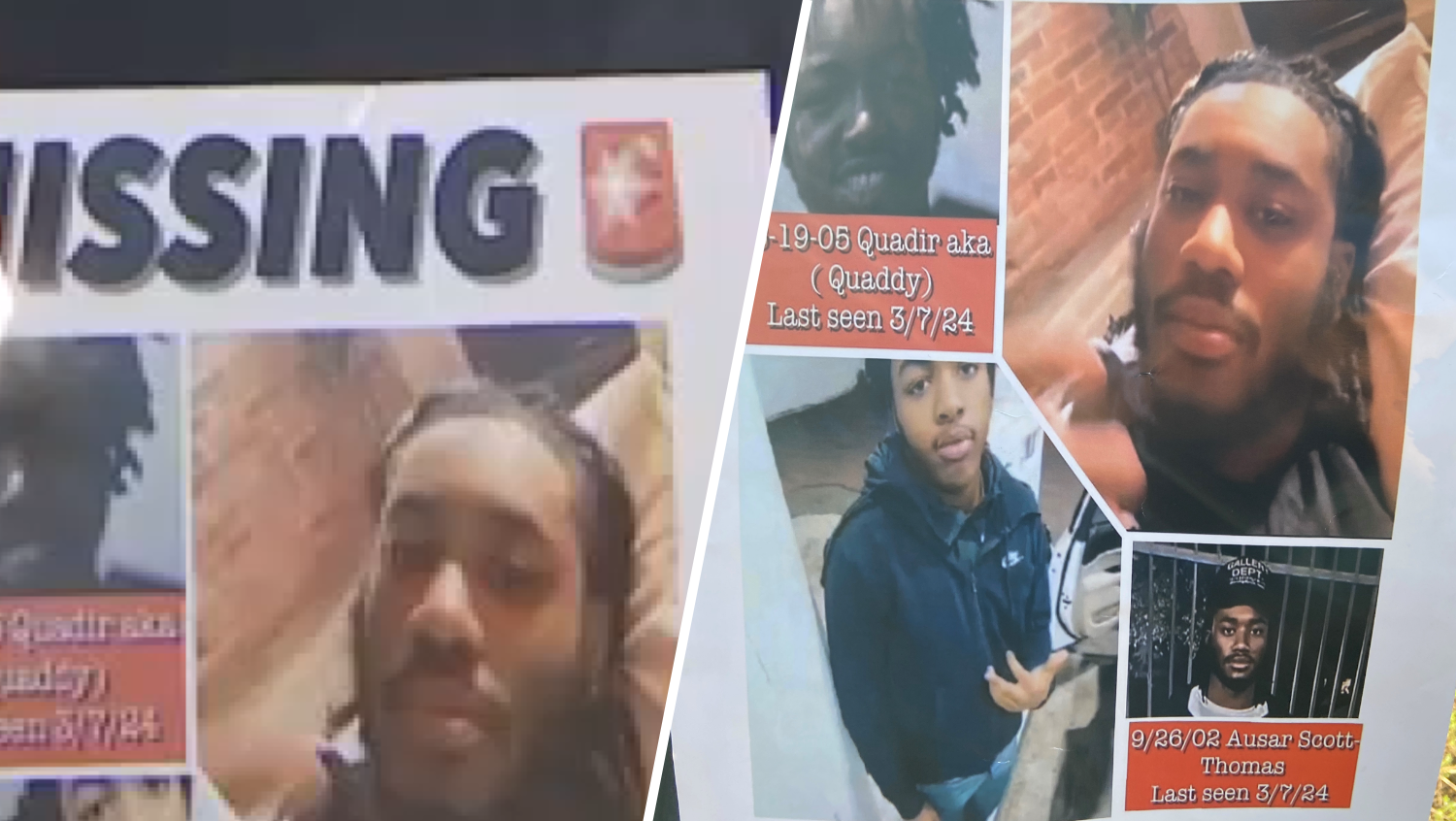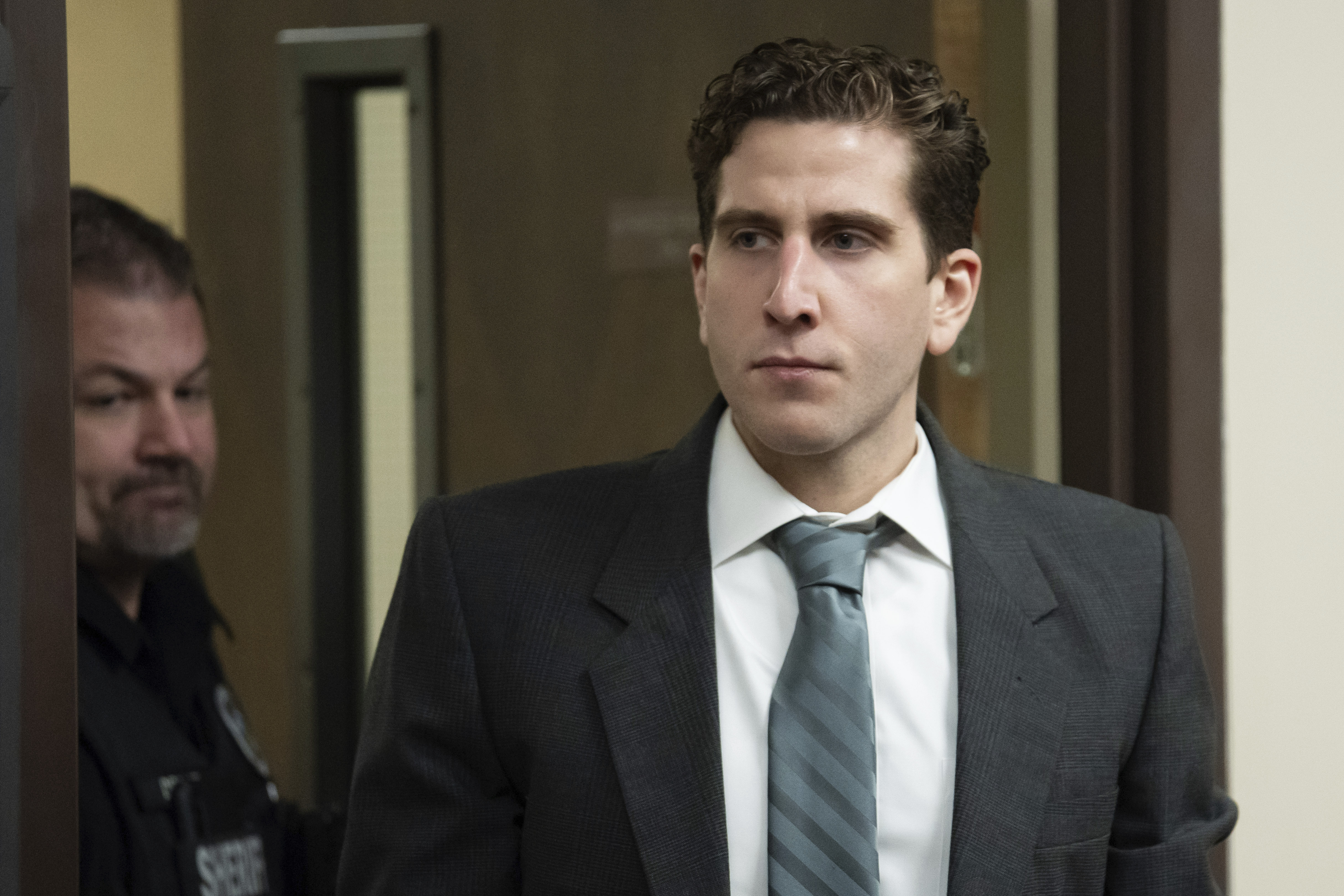The announcement of the closing of 23 Philadelphia public schools has sparked numerous conversations about the ripple effects the decision may cause in the near future. Possibly one of the biggest concerns is the fate of the empty buildings the closings will leave behind. In 2009, the Philadelphia School District issued a five-year strategic plan to create a “system of great schools that serve all children.” As a part of this blueprint, the District later created a Facilities Master Plan which included a policy outlining a number of specific criteria that potential buyers of the vacant school buildings must comply with.
The Adaptive Sale and Reuse policy explains how the District will administer the sale and reuse of its available properties that have been closed and deemed unusable and unnecessary for District use. This is a loose break down of the process a potential applicant would have to adhere to in order to purchase any of the School District’s available properties.
Step 1 – In order to qualify to apply to purchase a property, applicants must be qualified by the District as potential buyers based on the following Tier system:
- Tier One: Educational Use
Applicants must be non-profit education providers with the intent of developing the property for educational programs. Tier one applicants may include charter schools and/or organizations that provide alternative education, adult education, early childhood education, or other educational programs.
- Tier Two: Community Use
Applicants must be providers of services that would benefit the neighborhood or community and proposed use must be determined as beneficial to the community through a public solicitation of interest process. Tier two applicants may include non-profit corporations and CDCs, community and faith-based organizations, public-private partnerships, City agencies, or partnerships and other entities partially owned by non-profit corporations.
Local
Breaking news and the stories that matter to your neighborhood.
- Tier Three: Private and Commercial Use
Applicants may include individuals and/or organizations that do not qualify under the first two tiers. Tier three applicants may include for-profit entities, private individuals, commercial developers, and partnerships or LLCs.
Step 2 – The District will solicit additional information from interested applicants through a public Request for Qualifications. Applicants will be required to provide information including but not limited to:
- Intended development and use of the property
- Capability to develop the property
- Financial capacity
- Community support
Step 3 – Applicants must submit a Request for Proposal which will be reviewed by an evaluation team that will then make recommendations to the School Reform Commission. RFP evaluation teams may consist of:
- Up to three School District reps
- Up to four community stakeholders
- One City rep
- One councilperson from the applicable District office
- One State rep or State Senator (when applicable)
Step 4 – Qualified applicants must make a public proposal presentation to the RFP Evaluation Team. Community members and stakeholders will be able to attend the presentation and offer comments and reactions to the proposed plan.
Step 5 – After a public comment period, the RFP Evaluation Team will make recommendations to the School Reform Commission which then may use its sole discretion to accept or reject submitted proposals based on the best interest of the School District. Successful applicants will be required to enter into Sale and Development Agreements or Agreements of Sale. Proceeds from all sales will either be applied to the School District’s capital fund projects or to the School District’s debt.
This policy will be in effect through 2014 at which point it will be re-evaluated according to the Facilities Master Plan update.
Tonight, discussions continue about the fate of one of the soon-to-be vacant buildings. Non-profit news and information organization Axis Philly will host a community forum to discuss ideas for the future use of the Edward W. Bok Technical High School building. The forum will feature a panel of community leaders and industry experts including Councilman Mark Squilla, David Goldfarb of the East Passyunk Crossing Civic Association, Sam Sherman of the Passyunk Avenue Revitalization Corporation, Anton Moore, representing Unity in the Community, and director of the Philadelphia Research Initiative for Pew Charitable Trusts Larry Eichel.
The discussion will be moderated by Philadelphia Daily News columnist Solomon Jones and streamed live here on our website, beginning at 6 p.m.



